Many scientists today experience the academic environment as highly competitive and uncertain. This is mainly due to the lack of financial and human resources and the quest for research results, without even mentioning the limited number of stable post-PhD positions.
In a recent market research by Sunny Scientist, we found that all this internal and external pressure generates great dissatisfaction, mental exhaustion and low quality of life within the scientific community.
One of our participants phrased: “Science is also so dynamic and interesting, but it is hard to switch off and delineate work from life.”
About 70% of the scientists who participated in our market research confirmed that they suffer from insomnia or poor sleep quality and back pain. So it seems that all this stress takes its toll on both the scientist’s physical and mental health.
Disconnecting and dividing personal and academic life
Even though I did not experience the academic world, I have a proposal to calm your mind, relieve some of your stress and improve both your physical and mental well-being: Meditation.
Meditation is a wellness practice done in different ways. It always consists of training mindfulness to achieve mental clarity and emotional calm and thus reach a state of inner peace. Although many people associate meditation with religion or spiritual cults, it does not require the practitioner to believe in any god or deity.
Its sole purpose is to impact the person intending to do a meditation practise. Some types of meditation involve maintaining mental focus on a particular sensation, such as breathing, a sound, a visual image or a mantra, which is a repeated word or phrase. Other forms of meditation include practising mindfulness, which involves maintaining the attention or awareness of the present moment without making any judgments.
Everyone can meditate in almost any situation
Meditation practise is something everyone can do. Basically, all you need to do is find a quiet place to sit where you feel calm and relaxed. There are many ways to conduct a practise: some of them are basic and use mantras, spiritual practise, body movement, etc. Others require more experience or the assistance from a certified practitioner.
A good way to start a meditation practice is through mindful meditation. This is based on Buddhist teachings and focuses on paying attention to your thoughts as they pass through your mind.
The aim is to not involve any form of judgements to your thoughts nor get attached to them. You simply allow your thoughts to be there while noticing any feelings or emotions triggered by those thoughts. But then you let go of the thoughts.
This approach allows your mind to rest, reduces the pressure on your thoughts and provides self-awareness. It helps you better understand those feelings and emotions that may cause stress and anxiety.
Meditation can improve your mental health
Research is just starting to look into how mindfulness and meditation impact mental health. Most of these topics are still preliminary and not scientifically fully understood since the effects are often subjective and hard to measure.
However, it is clear that there is a correlation between practising meditation and mindfulness and mental well-being.
For example, a comparative study concluded that meditation likely provides an approachable self-care technique to improve mental health and behavioural self-regulation. Other studies showed that meditation practice is a promising approach to lowering a person’s blood pressure but also to improve physiological stress factors.
For me, meditation helped a lot to make my journey lighter. I lived with anxiety, non-stop shaking legs and nail-biting, fear of being dismissed from my job and always thinking that I could be enjoying my life in a better way.
As I learned to connect with myself in this empty space of the mind, I began to focus more on the present moment. Just after a few weeks of practise, my worries about my work started to fade away. It contributed to getting a better professional performance as I focused more on the work itself. It also made me more aware of the causes of my worries and triggered me to take more care of myself, love myself and make better life choices.
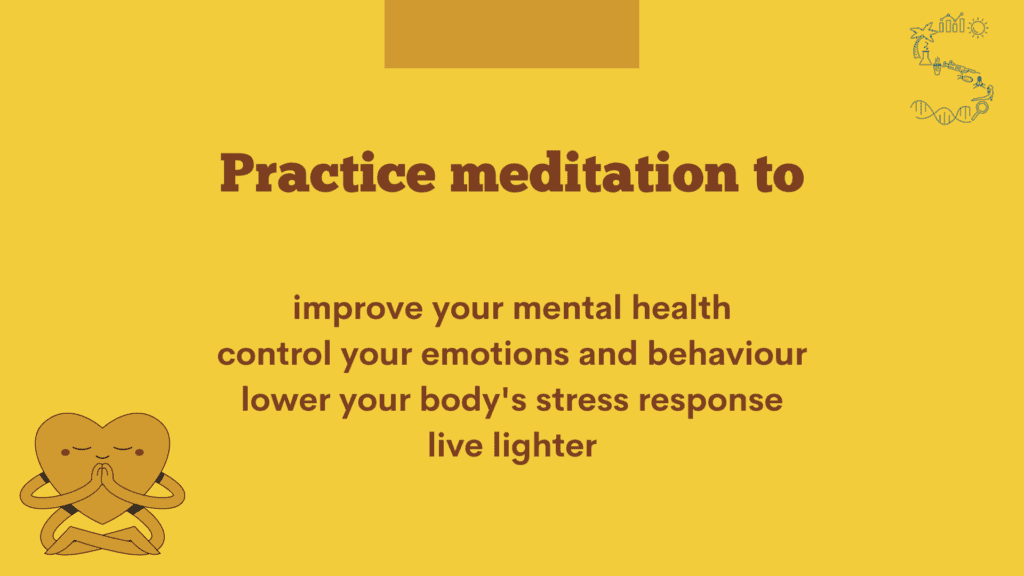
For this reason, I would encourage you to open some space on your agenda to try out this new habit.
Are you ready to ease your mind with meditation?
As you might be well aware now, meditation is a great way to calm your mind and improve your quality of life. This will eventually help you calm down and clear your mind so you can better focus on your work and research questions.
So, are you ready to try out meditation? Do you want to have more quality of life and be able to do your best in your research? Do you want to feel more at peace with yourself and your living situation?
Here, we invite you to try out meditation with this downloadable recording. We prepared a mediation practice of about 5 minutes for you that you can try out as many times as you want.
Give it a go, relax and feel how you become calmer and quieter just by practising meditation for one week. We hope you enjoy this as much as we do over here.
Have you tried out meditation? Please feel free to share your experience in the comments below. Others might still need a bit of motivation to give meditation a go.


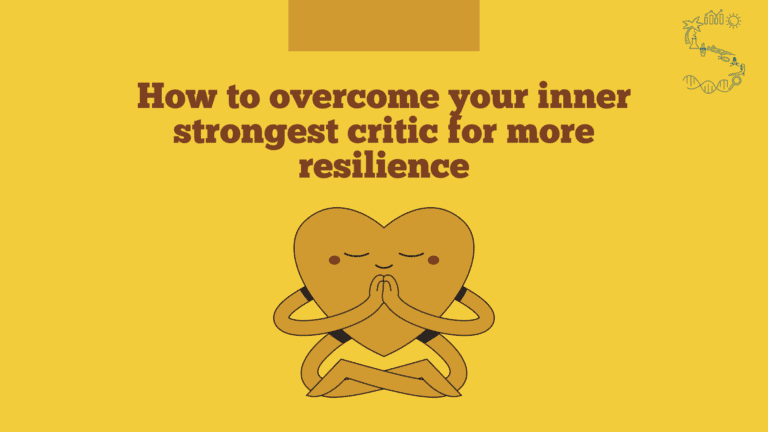
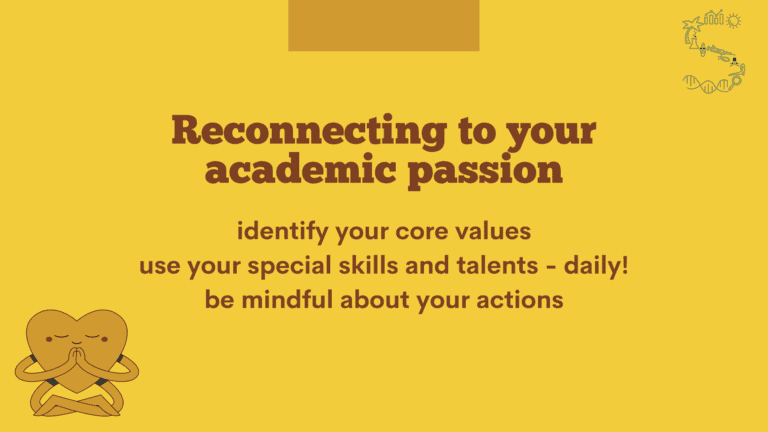
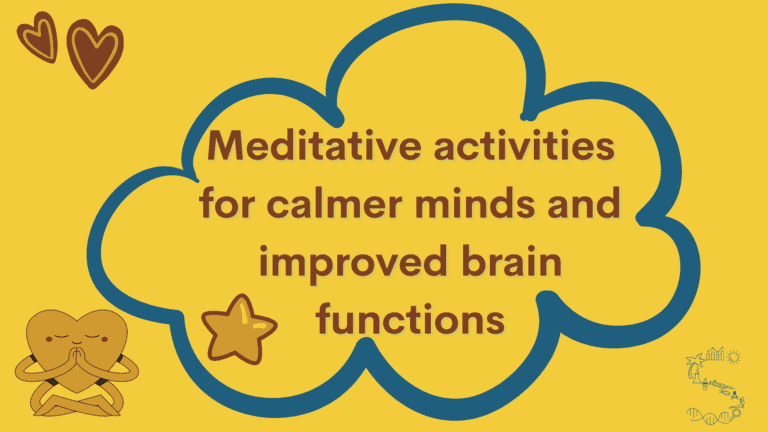

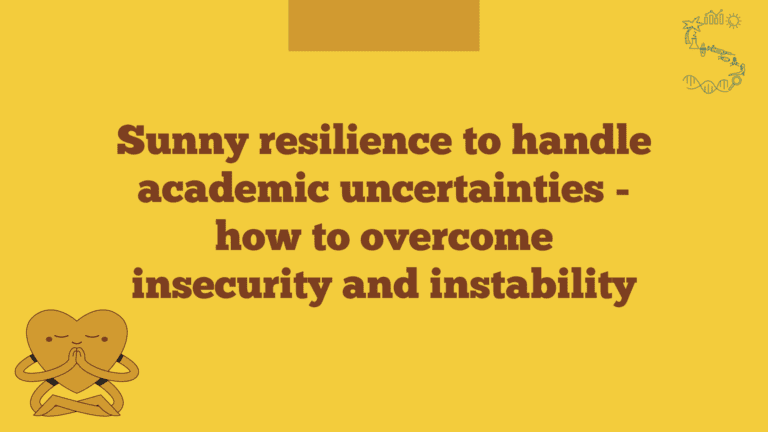
2 Responses